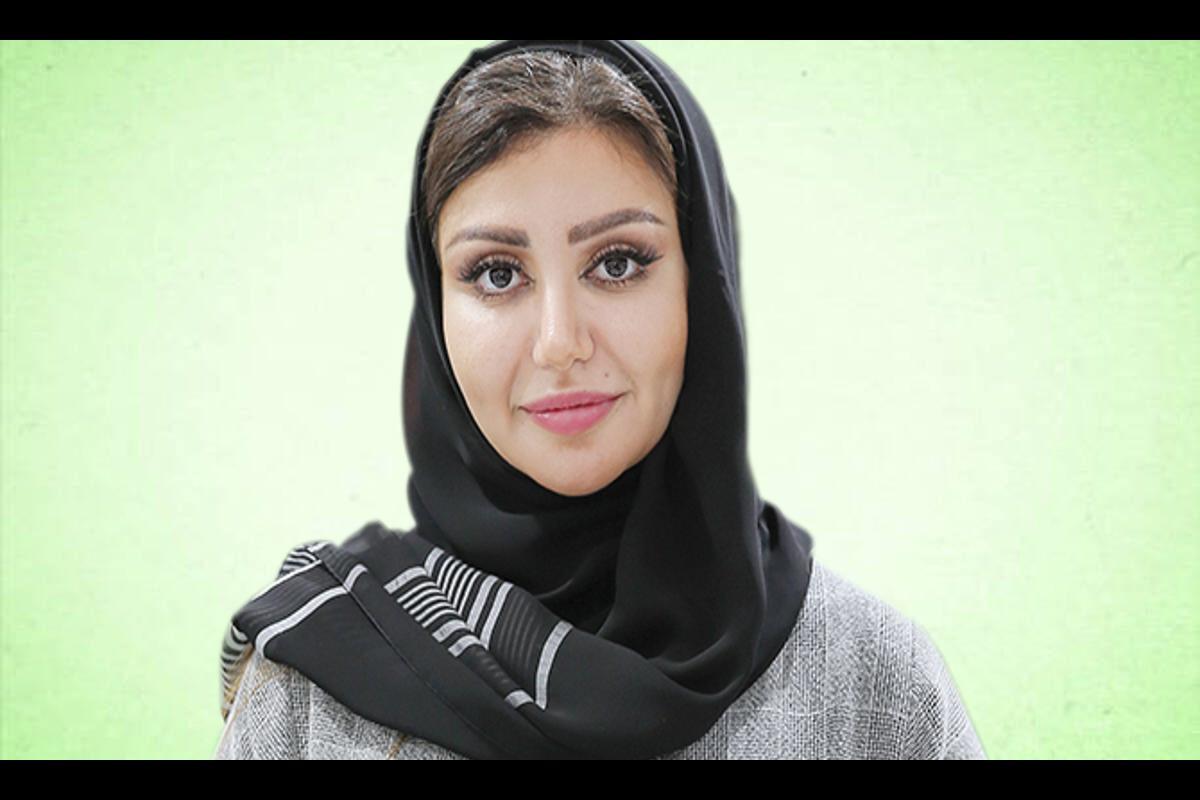Sara bint Mashour Al Saud is a prominent figure in Saudi Arabia, belonging to the esteemed royal family that has shaped the history and development of the Kingdom. This article delves into the life and contributions of Princess Sara, offering a comprehensive look at her background, influence, and the significant role she plays within the royal family and Saudi society.
Wiki Bio Sara bint Mashour Al Saud
| Attribute | Details |
|---|---|
| Full Name | Sara bint Mashour Al Saud |
| Birthdate | Not publicly disclosed |
| Nationality | Saudi Arabian |
| Royal House | House of Saud |
| Spouse | Crown Prince Mohammed bin Salman |
| Marriage Date | 2008 |
| Children | Four |
| Education | Details not publicly disclosed |
| Role in Royal Family | Influential and supportive figure, involved in social and philanthropic initiatives |
| Advocacy | Women’s rights and social development |
| Philanthropy | Education, healthcare, and social welfare initiatives |
| Cultural Impact | Promotes a blend of tradition and modernity in Saudi Arabia |
| Public Profile | Maintains a low public profile while being highly influential |
Early Life and Background
Princess Sara bint Mashour Al Saud was born into the House of Saud, a dynasty that has ruled Saudi Arabia since its establishment. Her lineage is a blend of historical legacy and modern influence, as the House of Saud has been instrumental in the country’s governance and development. While specific details about her early life are relatively private, it is known that she grew up surrounded by the wealth and traditions of the Saudi royal family, which has had a profound impact on her upbringing and worldview.
Marriage to Mohammed bin Salman
One of the most significant aspects of Princess Sara’s life is her marriage to Crown Prince Mohammed bin Salman (often referred to by his initials, MBS). Mohammed bin Salman is a central figure in the Saudi government, known for his ambitious Vision 2030 plan aimed at diversifying the Saudi economy and reducing its dependence on oil. The marriage between Sara bint Mashour and Mohammed bin Salman is not just a union of two individuals but a symbol of the alliance between influential branches of the royal family. Their marriage is believed to be strong, with Sara providing support and stability to the Crown Prince in his endeavors.
Role in the Royal Family
As a member of the royal family, Princess Sara holds a position of considerable influence and responsibility. While the Saudi royal family’s affairs are often kept private, it is known that Sara plays a supportive role in the background, assisting in philanthropic and social initiatives. Her position allows her to champion various causes, particularly those related to women’s rights and social development within the Kingdom. Sara’s influence, though often exercised behind the scenes, contributes significantly to the shaping of modern Saudi society.

Advocacy for Women’s Rights
Saudi Arabia has seen substantial reforms in recent years, many of which have impacted women’s rights and roles within society. Princess Sara bint Mashour Al Saud has been an advocate for these changes, supporting initiatives that empower women and promote gender equality. The Kingdom has introduced reforms allowing women to drive, travel without a male guardian’s permission, and participate more actively in the workforce. These changes, while driven by broader governmental policies, have also been supported by influential figures like Princess Sara, who understand the importance of integrating women into all facets of society.
Philanthropic Endeavors
Philanthropy is a key aspect of the Saudi royal family’s duties, and Princess Sara is no exception. She has been involved in various charitable activities, supporting initiatives that focus on education, healthcare, and social welfare. Her philanthropic efforts are often aligned with the broader goals of the Kingdom’s Vision 2030, which aims to improve the quality of life for all Saudi citizens. By supporting these initiatives, Princess Sara helps to create opportunities and improve living conditions for many within the Kingdom.
The Cultural Impact of Princess Sara
Princess Sara bint Mashour Al Saud’s influence extends beyond political and social spheres; she is also a cultural icon within Saudi Arabia. Her presence and activities help to shape the cultural narrative of the Kingdom, promoting a blend of tradition and modernity. As Saudi Arabia navigates its place in the global community, figures like Princess Sara play a crucial role in representing the Kingdom’s rich cultural heritage while embracing progressive changes.
Privacy and Public Perception
Despite her prominent status, Princess Sara bint Mashour Al Saud maintains a relatively low public profile. This approach is consistent with many members of the Saudi royal family, who often keep their personal lives private. However, her contributions and influence are well-recognized within the Kingdom. The public perception of Princess Sara is that of a supportive and influential figure, working diligently to support her husband’s vision and the broader goals of the Saudi government.
Future Prospects
Looking ahead, Princess Sara bint Mashour Al Saud is expected to continue playing a pivotal role in Saudi Arabia’s ongoing transformation. Her support for progressive reforms, advocacy for women’s rights, and involvement in philanthropic activities will likely remain central to her contributions. As the Kingdom continues to evolve, Princess Sara’s influence will be vital in ensuring that the changes are inclusive and beneficial for all segments of society.
Conclusion
Sara bint Mashour Al Saud is a key figure within the Saudi royal family, known for her supportive role, advocacy for women’s rights, and philanthropic efforts. Her marriage to Crown Prince Mohammed bin Salman places her at the heart of the Kingdom’s transformative Vision 2030. While she maintains a low public profile, her influence is profound, contributing to the shaping of modern Saudi society. As Saudi Arabia continues to navigate its path towards modernization and reform, Princess Sara’s contributions will remain essential in fostering a more inclusive and progressive nation.






